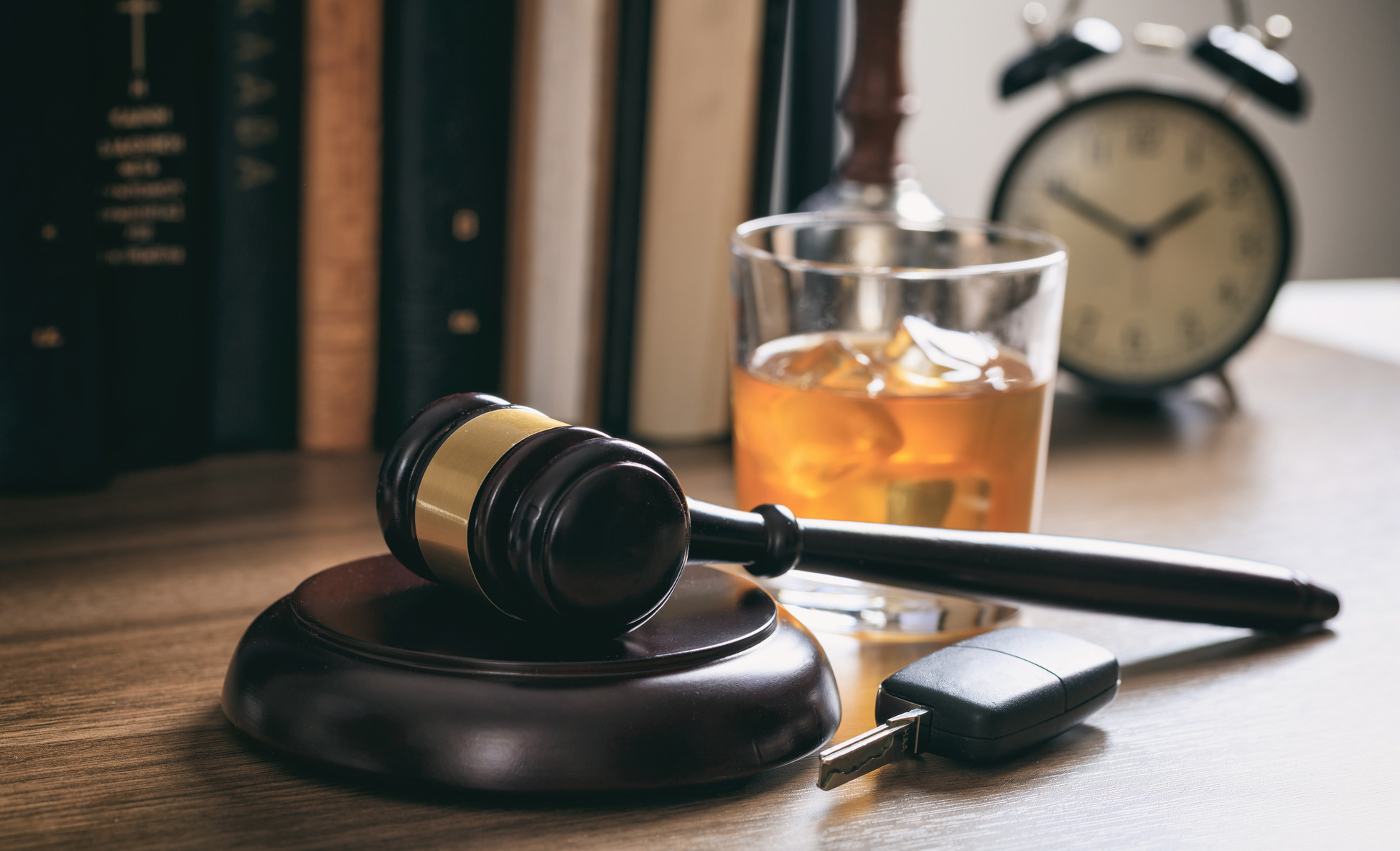Michigan’s drunk driving laws are challenging to understand, and there are several persistent myths about what happens after an offense. Local attorneys want drivers to be clear about what’s true and false. Here, we’ll discuss five of the most common misconceptions about DUIs in Michigan along with the truths clients should know.
Every Case is the Same
This is one of the biggest falsehoods about driving under the influence. The circumstances of a DUI case play a role in how Michigan’s courts determine fines, jail time, and community service requirements. For instance, someone who drove with children in the car would likely face harsher consequences than a person who drove alone. Seek help from a DUI attorney if you:
- Have past DUI convictions.
- Are under the legal drinking age.
- Had a passenger under the age of 16.
- Caused injury or property damage.
- Had a blood alcohol concentration over 0.17%
Because numerous factors affect a driver’s fate, they must hire DUI attorneys as soon as possible. A drunk driving lawyer will ensure that you know what to expect and how to get ready for it.

You’re Safe if You’re Under the Legal Limit
Once again, this is not true. While it is easier for prosecutors to build cases when drivers have BACs above Michigan’s legal limit, which is 0.08%, the arresting officer can still testify about a driver’s behaviors that indicate intoxication.
Additionally, everyone has a different tolerance for alcohol. Even if your BAC was below the legal limit at the time of the arrest, hiring a DUI lawyer will increase your chances of a favorable outcome.
It’s Always Best to Refuse the Test
If a driver shows signs of intoxication, officers may request a warrant for a blood alcohol test. Blood tests are more reliable than breath tests and they are more likely to stand up in court. If you refused a blood or breath test after a DUI stop, call an attorney as quickly as possible.
Buzzed Driving Isn’t as Bad as Drunk Driving
If a person feels any effects from drinking, they should get a ride from someone who is sober. While having a drink or two may not put someone over the legal limit, it will reduce their reaction time. It’s hard to determine when someone has had enough to drink without blood or breath testing, and it is better to be safe than sorry.
One DUI Isn’t a Very Big Deal
All DUI charges should be taken seriously, even first offenses. While a driver’s first DUI can be seen as an instance of poor judgment, subsequent offenses demonstrate habitual alcohol abuse. If you have been arrested for DUI, seek help before a bad situation worsens. A lawyer can help drivers navigate the state’s legal system and achieve a fairer outcome.
Schedule a Consultation with an Attorney
The state’s DUI laws are complex, and most drivers lack the legal knowledge to handle their cases. With help from a DUI lawyer, those accused of these offenses can protect their rights and preserve their driving privileges.
